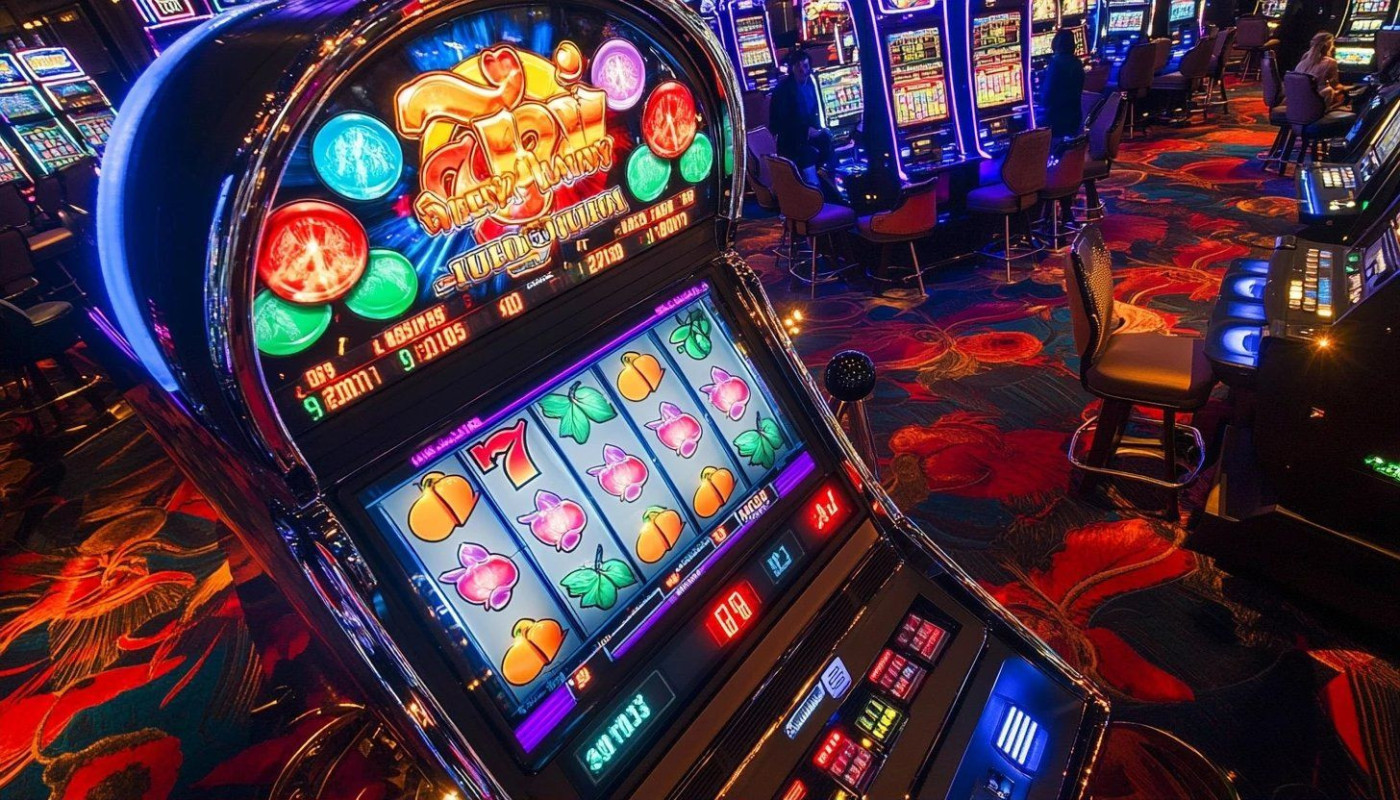Table of contents
The allure of online slots is undeniable, with their vibrant graphics, engaging themes, and the promise of substantial payouts. But beyond the surface, there is a complex interplay between player winnings and the Return to Player (RTP) rate that governs these games. Understanding this relationship can unlock the secrets to maximizing potential rewards. This post delves into the intriguing impact of high RTP on player winnings in online slots, aiming to arm readers with the knowledge to spin the reels more strategically.
Deciphering RTP and Its Importance in Online Slots
Understanding the RTP meaning is pivotal for enthusiasts of online slots, as it serves as a predictor for the long-term payback percentage a player can expect from a game. RTP, which stands for Return to Player, is a crucial metric that quantifies the percentage of all wagered money a slot machine will pay back to players over time. A higher RTP signifies improved chances of winning, as it indicates that the game is programmed to return more money to players, relative to the amount bet. Consequently, players often seek out online slots with a higher RTP, recognizing the benefits it brings to their gaming experience. These benefits not only include better odds of securing payouts but also a more gratifying play session, as the game's design is more generous in its rewards. As such, RTP is a fundamental concept that deserves attention from those seeking to maximize their potential in the vibrant world of online slot gaming.
Analyzing the Psychological Effect of RTP on Players
The realm of gambling psychology is intricate, where a player's mindset is continuously shaped by numerous factors, including the perceived odds of winning. One aspect that significantly impacts gaming decisions is the knowledge of a game's Return to Player (RTP) rate, particularly when this figure is high. RTP influence on behavior can lead to a cognitive bias where players may develop an exaggerated belief in their likelihood of winning. This skewed perception often results in a heightened sense of confidence, which might not be entirely warranted by the probabilities at play. On the flip side, some individuals may become overconfident, causing them to make more aggressive bets or play longer sessions under the misapprehension that high RTP equates to guaranteed returns. Understanding these psychological underpinnings is vital for both players and gaming operators to ensure that gambling remains a form of entertainment, rather than a misleading expectation of profit.
The Relationship Between RTP, Volatility, and Winnings
Understanding the intricate dynamics of RTP (Return to Player) and game volatility offers valuable insights into the mechanisms that govern player winnings in online slots. RTP serves as a theoretical indicator of the average expectation of return over an extended period of gameplay. Yet, it is the concept of game volatility, or variance, that determines the risk and reward profile of a slot game, influencing how winnings are disbursed on a short-term basis. A high RTP signifies a potential for larger returns over time, but does not ensure immediate wins for players due to the unpredictable nature of game volatility. In essence, RTP and volatility are intertwined in a complex dance, where RTP sets the stage for long-term outcomes, while volatility choreographs the short-term results, leaving players to experience the thrill of uncertainty. In the face of this, curious gamers might explore titles like "Piggy Tap demo" to familiarize themselves with such variances in a risk-free environment before diving into real money play.
Strategies to Maximize Winnings with High RTP Slots
For enthusiasts of online slots looking to improve their winning chances, adopting a high RTP strategy is a smart move. High Return to Player (RTP) slots are designed to pay back a greater percentage of wagered money to players over time, which can be pivotal in boosting overall profitability. To leverage the benefits of these games, one should consider several tactics, such as robust bankroll management. This involves setting clear spending limits and betting sizes that align with your budget, ensuring sustained gameplay without exhausting funds too quickly.
When it comes to game selection, it's advisable to scrutinize the RTP percentages. Look for games that offer an RTP of 96% or higher, as this could mean better payout prospects in the long run. Although a high RTP doesn't guarantee a win every time, it suggests a more favorable long-term scenario for the player. Moreover, it's essential to understand the payout structures of the slots. Each game can vary in volatility, which affects the frequency and size of payouts. Identifying games that match your risk tolerance and playing style can lead to an optimal play experience.
In addition, it's beneficial to read the fine print associated with each slot game. This may include information about bonus features, jackpot eligibility, and any wagering requirements tied to bonuses. Understanding these details assists in making informed decisions and could prevent missing out on potential earnings. Integrating these strategies into your gameplay can markedly increase the likelihood of ending up ahead when engaging with high RTP slots.
Real-World Implications of RTP on Online Slot Industry
In analyzing the business considerations of Return to Player (RTP) in online slots, one must appreciate its pivotal role in shaping the gaming landscape. Online slot operators face the delicate task of balancing RTP settings to ensure games remain attractive to players while maintaining slots profitability. Elevated RTP percentages are typically advertised to lure players with the promise of higher potential returns, thereby aiding in player acquisition and retention. This strategy directly impacts game popularity, as players are often drawn to games that offer them better odds of winning. On the other hand, setting the RTP too high could minimize the operator's margin, suggesting a need for a strategic approach to RTP implementation that satisfies both players and casino operators. The management of RTP is a testament to the complex nature of the gambling industry and its ongoing struggle to align player satisfaction with business viability.
Similar articles





























